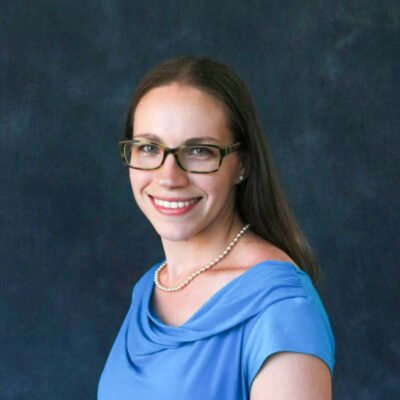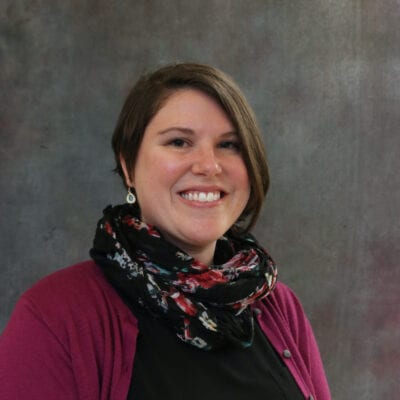MSIS Students Bring Ideas to Student Town Hall

Ashley Orehek
The School of Information Sciences hosted a special Town Hall session Jan. 19 for MSIS students, giving them an opportunity to ask questions and bounce ideas off of key faculty and staff members. College of Communication and Information Dean Mike Wirth, Clinical Assistant Professor Ericka Patillo and Associate Professor Rachel Fleming-May (current co-directors of SIS graduate studies), and SIS Student Services Coordinator Tanya Arnold hosted the meeting.

Gillian Ruland
Many good ideas were brought to the Town Hall by students, said SIS Interim Director Carol Tenopir, who said she was grateful to the students who attended and SIS will be acting on many of the suggestions this semester and into the coming fall. Two of those students who were at the town hall and shared their thoughts are officers of the University of Tennessee, Knoxville student chapter of the American Library Association/Tennessee Library Association (ALA/TLA), President Ashley Orehek and Secretary Gillian Ruland.
“For me, it was a really excellent way for me to bring to the table these ideas I’ve had throughout my time in the program and to have an informal conversation with some of the professors in the program,” said Ruland. “We don’t get to have classes with each and every one of them, so it was a great way to see the things that were important to them and engage with them on a different level.”
Ruland said she and other student organization officers met at the end of the fall semester to discuss ideas they have for the program and to enhance student life. She said some of those ideas included an intranet that would allow students to network with each other in a space outside of classes. This would allow for pathway cohorts to form, and valuable information to be shared, especially with new students.
“For example, I took a class called Government Information, which just by its name sounds like it could be boring, but it was one of the best classes I took. That’s a nugget of information I can pass on to other students, and as a new student in January 2020, I would have loved to have access to those nuggets,” she said.
In a similar vein, Orehek said the student organizations want a place to share calendar items, so it’s easy to look at what everyone is doing and for people to attend other organizations’ events. Orehek said this could foster more participation in student chapters and the professional organizations.
“We did a couple of networking sessions in ALA in the fall semester and people really enjoyed it, it was a nice break from class work and a chance to get to know each other outside of the classroom. So we were thinking of doing standing coffee hours or happy hours each week, come if you can, stay however long you want,” she said. “We want to broaden student opportunities for supplemental learning and for other professional opportunities.”
Ruland said another opportunity students wanted the program to expand for them is mentorships with alumni so they can learn from people who are already in the workforce.
“I don’t think it has to be something that’s super formal, but more of an opportunity to have a series of informational interviews so you can build a more extensive knowledge of the kind of issues they’re dealing with, the trends they’re seeing – I think it’s just a cool way to reconnect with folks who have already gone through this program,” she said.